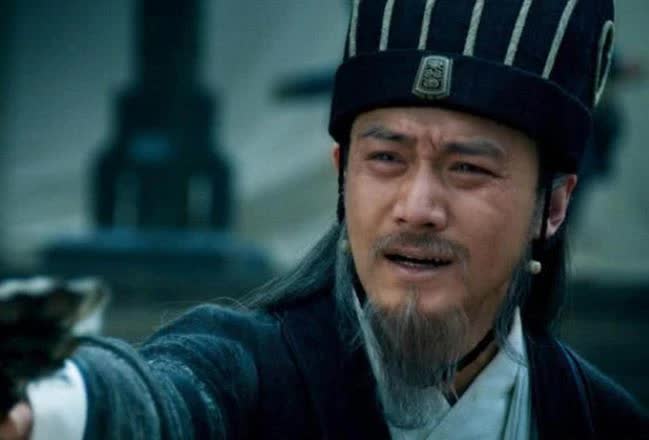Zhuge Liang, also known as Kong Ming, is a prominent figure in Chinese history, holding several important positions during the Shu Han period in the Three Kingdoms era. Renowned for his exceptional strategic skills and profound knowledge of astronomy and geography, he is often celebrated for his loyalty and wisdom. Many regard him as an outstanding military strategist, striking fear into the hearts of his enemies.
However, Chinese platforms Sohu and Sina reveal that throughout his lifetime, Zhuge Liang encountered individuals who instilled fear in him. So, who are these figures?

Illustration
Three Figures That Made Zhuge Liang Hesitant:
Guan Yu
Guan Yu (158 – 220), also known as Guan Gong, was a renowned general at the end of the Eastern Han dynasty and during the Three Kingdoms period. He played a significant role in establishing the Shu Han kingdom and was also a key factor in its eventual decline.
As sworn brothers with Liu Bei and Zhang Fei, Guan Yu led the Five Tiger Generals of Shu Han. Valued for his exceptional martial skills, he was praised as “a thousand men’s worth of strength, a legendary hero of the time,” yet he had a notable flaw: his arrogance and tendency to scold others, which sometimes led to rash decisions.
These character traits became particularly evident when Liu Bei recruited Zhuge Liang and treated him with great respect. At that time, Zhuge Liang was already famous, known as the “Sleeping Dragon.” This situation sparked jealousy in Guan Yu, who took pride in his abilities and developed a strong dislike for Zhuge Liang.
Zhuge Liang was always concerned that Guan Yu might jeopardize important matters. When Liu Bei advanced into Yizhou and entrusted Guan Yu with the defense of Jingzhou, he later ordered Zhang Fei to leave and sent Zhuge Liang along with Zhao Yun to Yizhou. Zhuge Liang closely monitored Jingzhou, recognizing it as the lifeblood of Shu Han, but Guan Yu’s overconfidence left him uneasy. Ultimately, after Guan Yu’s death, Jingzhou was lost.
Liu Bei
In the eyes of later generations, Zhuge Liang and Liu Bei are perceived as a perfect military and ruler duo, a quintessential model of loyalty and governance in history.
However, according to China Radio International (CRI), the relationship between Liu Bei and Zhuge Liang was not always so close. In early 223, when Liu Bei sensed his health was deteriorating, he summoned Zhuge Liang to his side, stating: “Your talent surpasses that of Cao Pi by tenfold; you can stabilize the state and accomplish great things. As for my son, if you can help him, do so; if he is unworthy, then replace him!”
Liu Bei’s words terrified Zhuge Liang, who knelt in tears and affirmed his loyalty to Liu Shan, rejecting Liu Bei’s proposition. This indicates that Zhuge Liang was always cautious and somewhat fearful when dealing with his lord.
Cao Zhen
In the novel “Romance of the Three Kingdoms,” Luo Guanzhong exaggerated the portrayal of Cao Zhen, depicting him as frequently defeated by Zhuge Liang’s strategies. However, in reality, Cao Zhen was a formidable general whom Zhuge Liang greatly feared.
Zhuge Liang launched six northern campaigns, all of which ended in failure, with two defeats specifically at the hands of Cao Zhen. In 228, during his first northern expedition at Jiyu Pass, Cao Zhen easily defeated the aging commanders Zhao Yun and Deng Ai. Cao Zhen, along with Zhang He, took advantage of the situation to quell revolts in three counties and restore order.
Anticipating Zhuge Liang’s attack on Chengang, Cao Zhen prepared accordingly. During Zhuge Liang’s second campaign, he had to retreat after failing to breach the city of Chengang. Following this battle, Cao Zhen was promoted to Grand General, gaining supreme power in the Wei army.